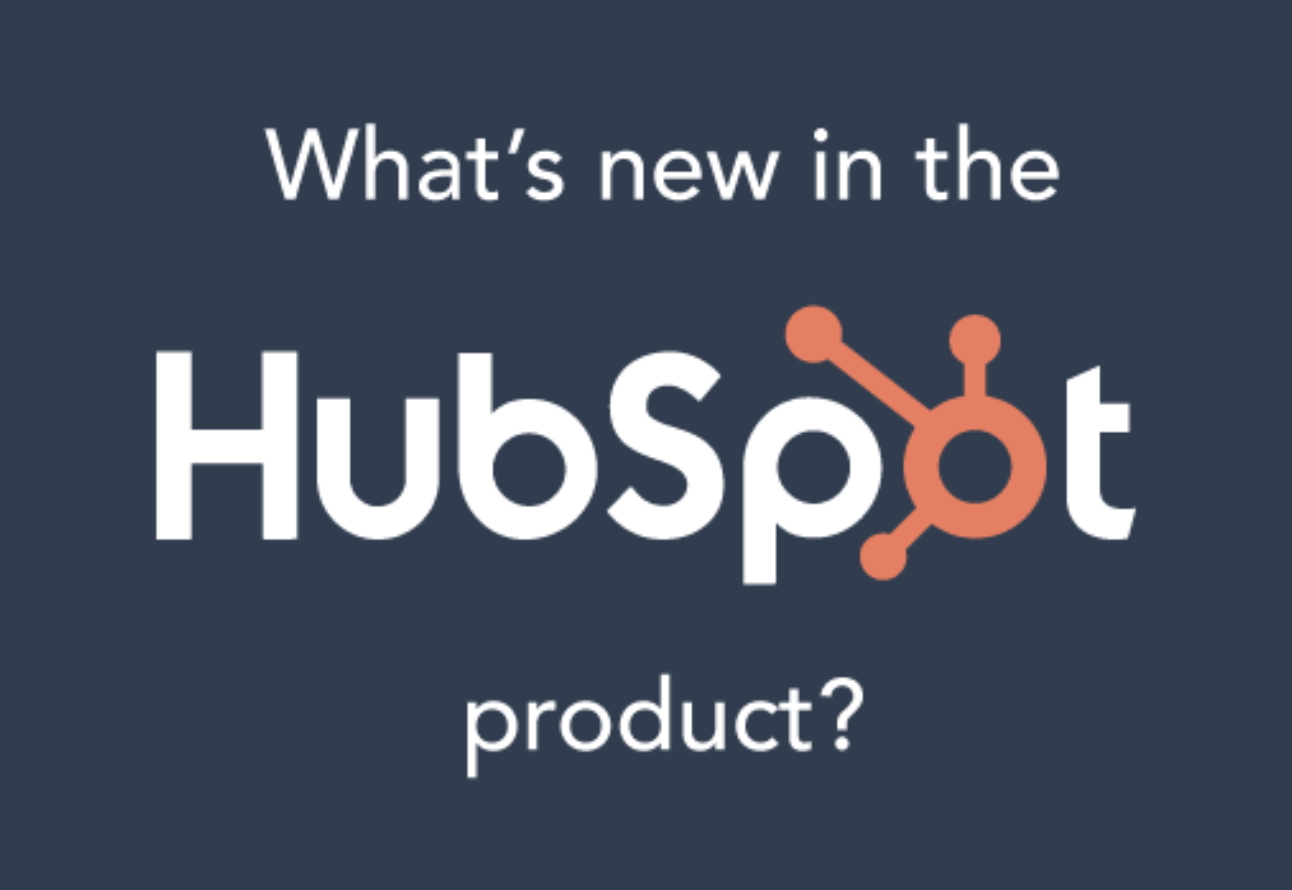If you’re taking the time to collect customer feedback, you probably understand the importance of doing so: Simply put, collecting customer feedback helps you improve your products or services. Now take it one step further: what does responding to customer feedback do for your business? Research shows that 60% of customers feel as if their concerns are not being addressed by companies. By taking the time to respond to customers, you’re validating their experiences and making sure their thoughts aren’t falling upon deaf ears. You’re proving to them that you’ll go to great lengths to improve or, at the very least, learn about their customer experience.

Furthermore, there are very few instances of customer feedback that encapsulate a customer’s entire thought process. Is there something in the feedback you want to learn more about? Is there something you can do to improve the customer experience for this person? By reading and thoughtfully responding to customer feedback, you’re putting your customers at the center of the flywheel that drives your company's growth. If a customer takes the time to help your business grow, your business should take the time to respond to your customers.
Besides improving the customer experience, there are a few other reasons to respond to customer feedback. For one, if the feedback is on a public forum like Yelp or G2Crowd, other folks will undoubtedly read and then judge your company based on the feedback. If you respond to the feedback in a helpful manner, you’re letting others know you’re a company that values the customer experience. Finally, when you respond to feedback you are improving the SEO ranking of the review so more people can find it. So, get to responding!
OK, I get why responding to customer feedback is important. But how do I respond to customer feedback?
The first step in responding to customer feedback is to categorize the feedback: Is it positive, neutral, or negative? Depending on the category, you’ll respond differently. However, what shouldn't change depending on the category of feedback is the timeliness of your response. Try to respond to all feedback within a few days of receiving it. The easiest way to make sure you’re doing this often is to set a recurring event on your calendar to sift through and respond to feedback.
No matter whether the feedback is positive, neutral, or negative, there are a few best practices to follow when responding:
- Think of responding to feedback as writing marketing collateral. Many people will be able to read and create opinions based on your reviews, so make sure you are responding in a helpful and approachable manner that is aligned with your brand.
- Do not come off as confrontational. Empathize. Understand your customer’s frustrations before you respond.
- If the feedback is constructive, pass it along to the appropriate folks. Perhaps they have useful updates or resources that you can refer to in your responses. Or perhaps it’s feedback the team has never heard before. Regardless, make sure the feedback gets conveyed to the appropriate people.
Keeping these best practices in mind, let’s dissect some real examples of how HubSpot responds to feedback.
The first example we have is a positive review someone left us on Glassdoor.

The review is pretty standard. The reviewer gives us great praise, a few cons of working here, and ends with advice to management. Side note: I promise I’m not just showing this review as a recruiting tactic to get you folks reading this to come work at HubSpot.
Our Chief People Officer, Katie Burke, responded.
She starts out by thanking the reviewer not only for their thoughtful review, but also for the work they’re doing for HubSpot. She then reinforces the positive — ”Yeah, we have been working on that front! Thanks for noticing.” Katie doesn’t do it in this review, but when you receive a positive review, think about whether or not this person would be a good advocate for your brand. Would a blog post by this person increase traffic to your website? What about a case study? Could they potentially talk to other prospects to nudge them in the right direction? After all, your happiest customers are your best marketers.
So, when responding to positive feedback, remember:
- Thank them — not only for writing the review, but for the work they’ve been doing, their loyalty, etc.
- Reinforce the positive.
- Figure out if it makes sense to ask them to advocate for your brand.
Let’s take a look at neutral and negative feedback. This feedback was sent in response to an NPS survey:

We thank them for the feedback and try to come across as sincere as possible, showing that we understand their pain points. We then check in with the customer success team and offer a way to make things right, all while staying true to our brand: responding in a human, helpful manner.
Now, once the customer success team has a call with this customer, the best course of action could be to part ways; that’s okay. Your product or service won’t be the best solution for everyone, and sometimes it’s better to cut a loss than string along an unhappy customer. The important thing here is that this customer gave you valuable feedback, you acted upon it, and you made the customer feel heard and tried to improve their overall experience.
If you're ready to start collecting and responding to customer feedback, check out the customer feedback tool in HubSpot.Access Your Customer Feedback Tool in HubSpot
Responding to customer feedback, especially negative customer feedback, can be intimidating, but by responding you are putting your customers first and showing them your dedication to improving the customer experience.
Want to connect with others on HubSpot tips, tricks, and updates? Head over to the HubSpot Community to join a conversation or start one of your own.










